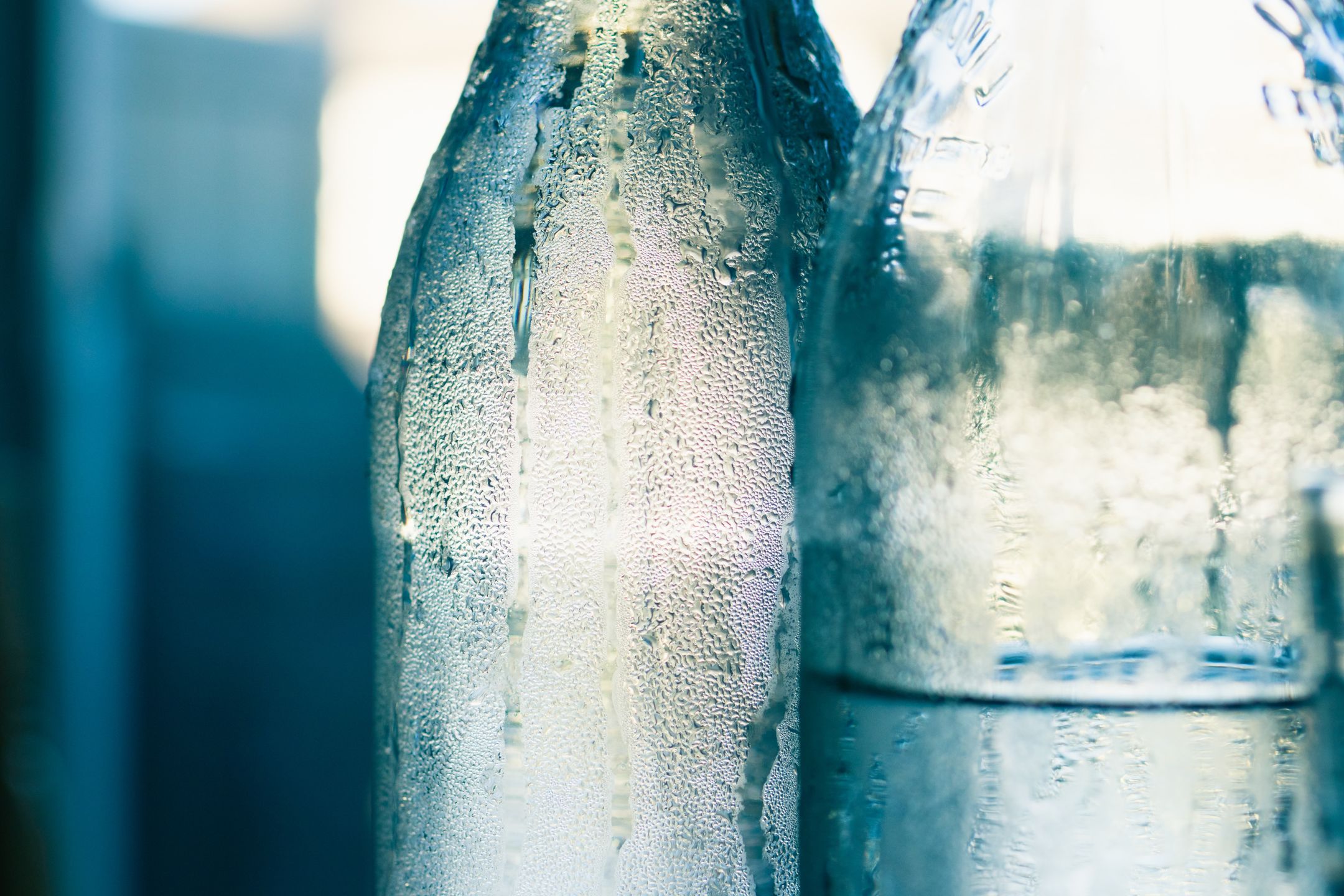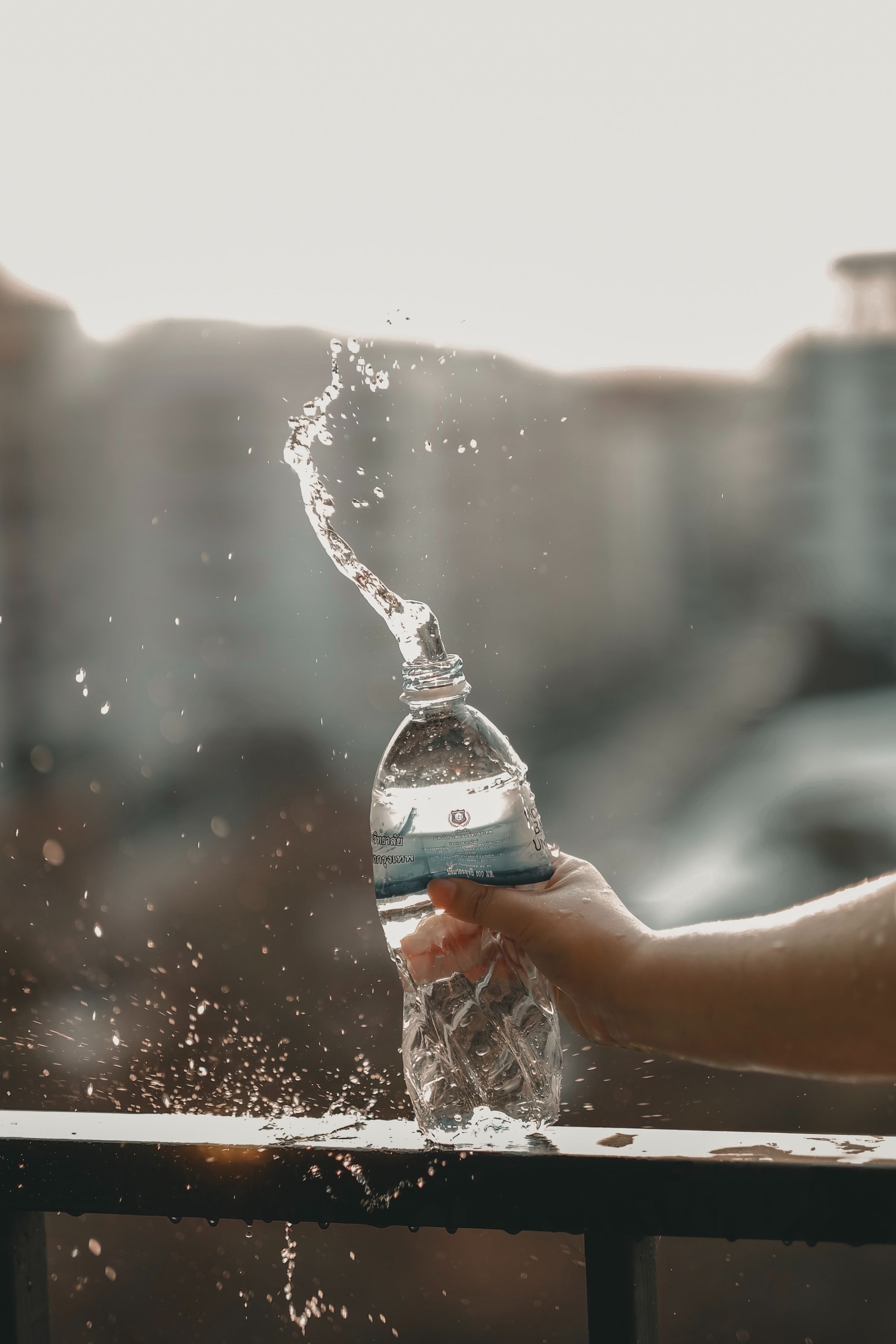
Does Water Expire in Plastic Bottles?
Introduction:
Ever pondered over that unassuming bottle of water with a mysterious expiration date? Have you ever heard bottled water packaged by a PET bottle plastic? "Does water expire in plastic bottles?" It's a question you might not have contemplated. With Americans guzzling billions annually, understanding the shelf life of your hydration source is key. While top-notch reusable bottles endure, the looming expiration date on plastic-wrapped water raises eyebrows. Before stockpiling, let's delve into whether water truly expires. Ever wondered why there's an expiration date on a seemingly timeless water bottle? Let's demystify the age-old question – does water actually expire?
Does Water in Plastic Bottles Go Bad?
"Does water expire in plastic bottles?" The FDA asserts that commercially bottled water, originating from regularly inspected sanitary facilities and devoid of spoilage-inducing additives, has no fixed shelf life. Despite only New Jersey ever imposing a two-year expiration mandate in 1987, it sparked a trend among manufacturers. While the water itself remains timeless, concerns emerge from plastic bottle degradation, potentially introducing microplastics and odd tastes. Proper storage is crucial to mitigate these risks. Although the FDA deems bottled water limitless in shelf life, manufacturers often include an expiration date. The reality? Water doesn't expire, but over time, chemicals from the plastic bottle may seep in, affecting taste and smell, plastic leaching over time poses health risks. Be cautious – the plastic bottle, not the water, degrades, impacting taste and quality. While the FDA doesn't mandate expiration dates, it's common, emphasizing informed choices. Plastic degradation prompts caution against consuming water beyond its printed date due to potential chemical contamination, highlighting the importance of opting for BPA-free bottled water for health-conscious consumers.
What is the Shelf Life of Bottled Water in Plastic Bottles?
While many bottled water companies adhere to a standard two-year expiration date, the predictability of when the water is no longer suitable for consumption remains uncertain. The longer a bottle circulates, the higher the likelihood of exposure to heat and degradation. Despite this, the FDA emphasizes that technically, bottled water has no mandated expiration date or required shelf life. Nevertheless, the recommended shelf life is two years for still water and one year for sparkling water, acknowledging the potential impact of plastic degradation, especially in heat. This information encourages consumers to exercise caution, emphasizing informed choices when it comes to the freshness and safety of bottled water.
Can You Drink Expired Bottled Water?
So, can you drink expired bottled water? While bottled water technically doesn't have an expiration date, it's generally advised to consume it within two years of manufacturing. The water itself remains safe, but the plastic packaging can pose health risks. Plastics, like polyethylene terephthalate (PET) and high-density polyethylene (HDPE), may leach harmful chemicals into the water, affecting taste and potentially causing serious health issues. Factors like heat exposure, sunlight, and storage conditions can accelerate this process. While the likelihood of getting sick from contaminated bottled water is rare, it's crucial to remain vigilant. Colorless and odorless water is generally safe, but any unusual signs, such as an odor, metallic taste, froth, or a tint indicating dirt, bacteria, or rust, should warrant caution. To mitigate risks, choose BPA-free bottled water and adhere to the recommended two-year shelf life for still water. Remember, even though the FDA doesn't mandate an expiration date, responsible consumption and awareness of potential health hazards associated with prolonged use of plastic-bottled water are crucial.
Proper storage tips of bottled water:
Proper storage of bottled water is crucial to maintain its quality and prevent potential health risks. Direct sunlight and temperatures above 70°F can cause the breakdown of bottle chemicals, releasing harmful substances into the water. It's advisable to store water in a cool place, away from direct sunlight and household chemicals, especially in warm weather. Refrigeration is ideal for opened bottles, as they may harbor hazardous microorganisms. During the summer, avoid unairconditioned storage spaces like garages. Conversely, cool weather is conducive to water preservation. Choose a cool, dry, covered location for proper storage, avoiding shelves with chemicals. The freshness, stability, and resistance to bacteria and toxins in bottled water can be compromised by improper storage and transportation. To ensure food safety, keep bottled water away from cleaning supplies. If you notice an odd taste or odor, discarding the water is recommended. In summary, store bottled water in a cool place, shielded from sunlight, and separate from household chemicals, emphasizing the impact of proper storage on water quality and safety.
Pet-Bottle Drinking Water Packaging:
PET (polyethylene terephthalate) stands out as a popular choice for plastic bottles due to its exceptional strength-to-weight ratio, cost efficiency, and transportation savings compared to glass alternatives. Engineered to be both strong and pliable, PET is carefully monitored to meet safety standards, ensuring reliable packaging for consumer products. The advantages of PET bottles include their lightweight nature, making them cost-effective to produce and transport, safety as they do not shatter, convenience for on-the-go consumption, re-sealability for multi-serve packs, recyclability, sustainability with an increasing use of recycled PET, distinctive molding for brand identity, and flexibility for efficient manufacturing with various shapes and sizes. Overall, PET emerges as a versatile and efficient material for creating safe, convenient, and sustainable plastic bottle containers.
Conclusion:
The enigmatic expiration date on plastic-wrapped water prompts the question: "Does water expire in plastic bottles?" While the water itself remains timeless, it's crucial to understand the impact of plastic bottle degradation over time, posing potential health risks. The recommended two-year shelf life for still water and one year for sparkling water emphasizes the need for informed choices. Proper storage, away from heat and sunlight, is vital to maintain water quality. Although water technically doesn't expire, responsible consumption and awareness of potential health hazards associated with prolonged use of plastic-bottled water are crucial. PET emerges as a favored choice for its strength, cost efficiency, and sustainability, contributing to safe, convenient, and eco-friendly plastic bottle packaging. The journey from understanding expiration dates to proper storage practices underscores the significance of informed choices in ensuring the safety and quality of our hydration source. At Wankai, as a leading PET manufacturer, we prioritize the safety and well-being of our consumers. Wankai PET Plastic Supplier stands at the forefront of delivering safe, convenient, and eco-friendly PET bottle.


